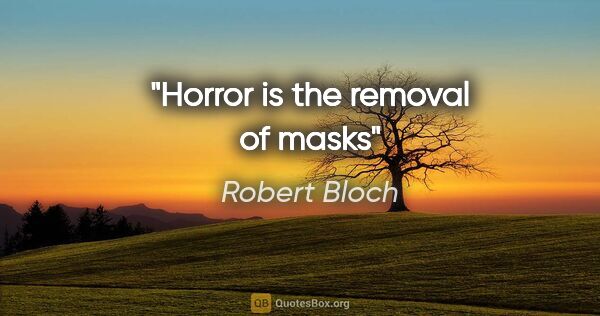All rational knowledge is either material, and concerns some objects, or formal, and is occupied only with the form of understanding and reason itself and with the universal rules of thinking, without regard to distinctions among objects. formal philosophy is called logic. Material philosophy, however, which has to do with definite object objects and the laws to which they are subject, is divided into two parts. This is because these laws are either laws of nature or laws of freedom. The science of the former is called physics, and that of the latter ethics. The former is also called theory of nature and the latter theory of morals.
Immanuel KantAbout author
- Author's profession: Philosopher
- Nationality: deutsch
- Born: April 22, 1724
- Died: February 12, 1804
Related Authors
Topics
Quotes currently Trending
I'm a 48-year-old writer who can remember being a 10-year-old writer and who expects someday to be an 80-year-old writer. I'm also comfortably asocial -- a hermit in the middle of Los Angeles -- a pessimist if I'm not careful, a feminist, a Black, a former Baptist, an oil-and-water combination of ambition, laziness, insecurity, certainty, and drive.
Octavia Butler



His mind had been working away behind his high forehead. Unimaginative himself he could recognize imagination in her: he had come upon one whose whole nature was the contradiction of his own. He knew that behind her simplicity was something he could never have. Something he despised as impractical. Something which would never carry her to power or riches, but would retard her progress and keep her apart in a world of her own make-believe. To win her favour he must talk in her own language.
Mervyn Peake
Whether Hindus or Greeks, Egyptians or Japanese, Chinese, Sumerians, or ancient Americans -- or even Romans, the most "modern" among people of antiquity -- they all placed the Golden Age, the Age of Truth, the rule of Kronos or of Ra or of any other gods on earth -- the glorious beginning of the slow, downward unfurling of history, whatever name it be given -- far behind them in the past.
Savitri Devi





